The Fundacao Calouste Gulbenkiam was set up by the Armenian oil magnate Calouse Gulbenkian whose legendary art-market coups included the acquisition of works from the Hermitage in St Petersburg. Today the Gulbenkian Foundation has a multi-million-collar budget sufficient to finance work in all spheres of Portuguese cultural life. In this low-rise 1960s complex alone, it runs an orchestra, three concert halls and an attractive open-air amphitheatre.
The complex consists of the brutalist building shown above which hosts the founder's collection; extensive grounds, where the open-air amphitheatre is situated; and a modern building that contains the modern colletion - the modern building is undergoing extensive rebuilding, so, unfortunately, we were unable to see the modern collection.
Three pools of water are to be found around the entrance to the building

At the back, the cafe is situated
which affords excellent views of the extensive grounds
We sat here and had a soft drink and then decided to go for a walk around the grounds.
We started with the pond
then up these steps
and then another.
We came upon another cafe, a much quieter one, because I presume, like us, not many people know of its existence
this is a lush, green garden
and a lot of water flows through it.
Lots of bamboo everywhere
Satyricon I, Reuben Nakian, 1981
Getting the foundations ready for a pond
O Munco, Maria Irene Vilar, 1981
We got to the top of the garden, where construction was going on to upgrade the second building, the one where the modern art collection will be exhibited
We took a different path and came upon the amphitheatre
more water further along
Nu de Mulher, Ruy Gameiro, 1933
more bamboo
and water
Nu Feminino, Antonio Duarte, 1960
and we were back where we had started from
but, there was a bit more I wanted to explore, namely, the two majestic trees by the windows of the gallery
During our time in Lisbon I have been fascinated by some of the thick tree trunks we came across, and this is one of them
This garden of the Gulbenkian is an oasis of peace and calm in a very busy city.
We enjoyed our visit very much, even though the exhibits were not that inspiring, to me, anyway - the best museums are in the district of Belem, which we visited three times during our 10 day stay in the city.




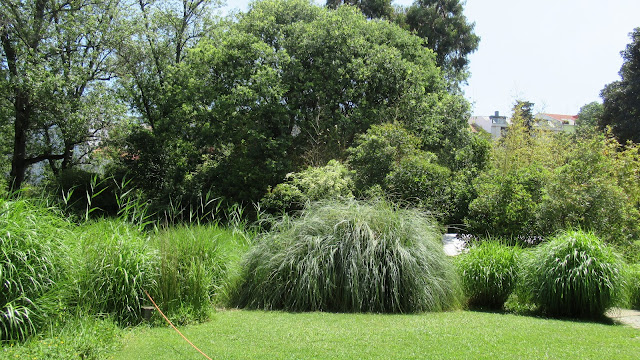
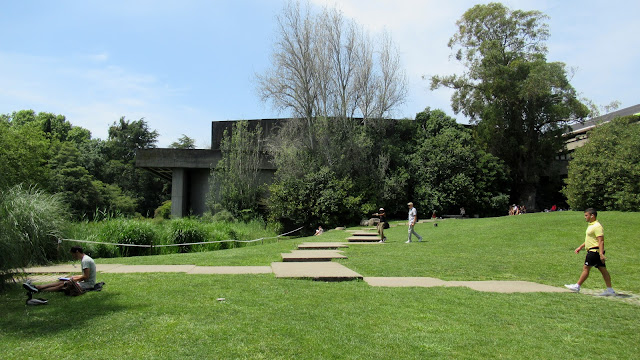




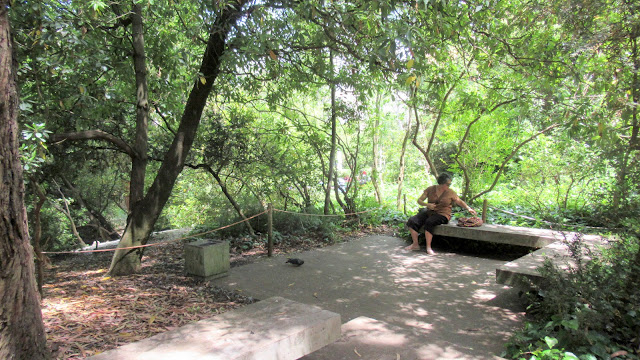
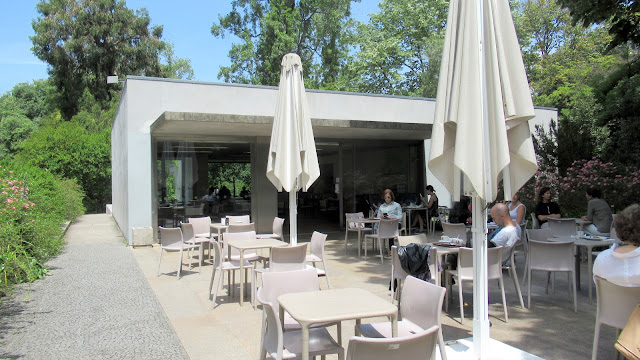





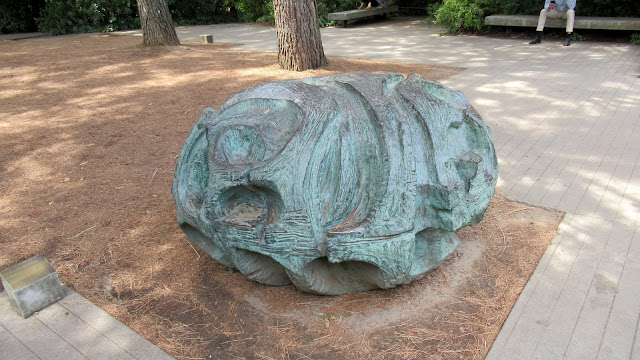













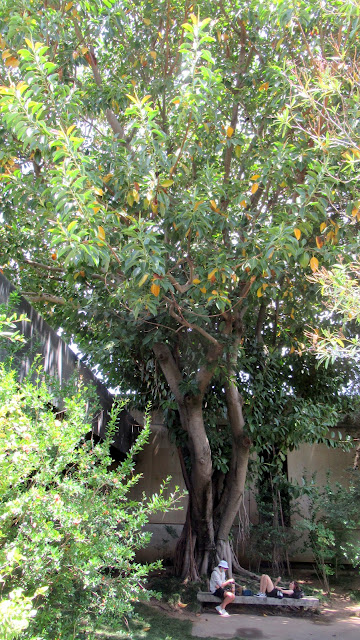

No comments:
Post a Comment